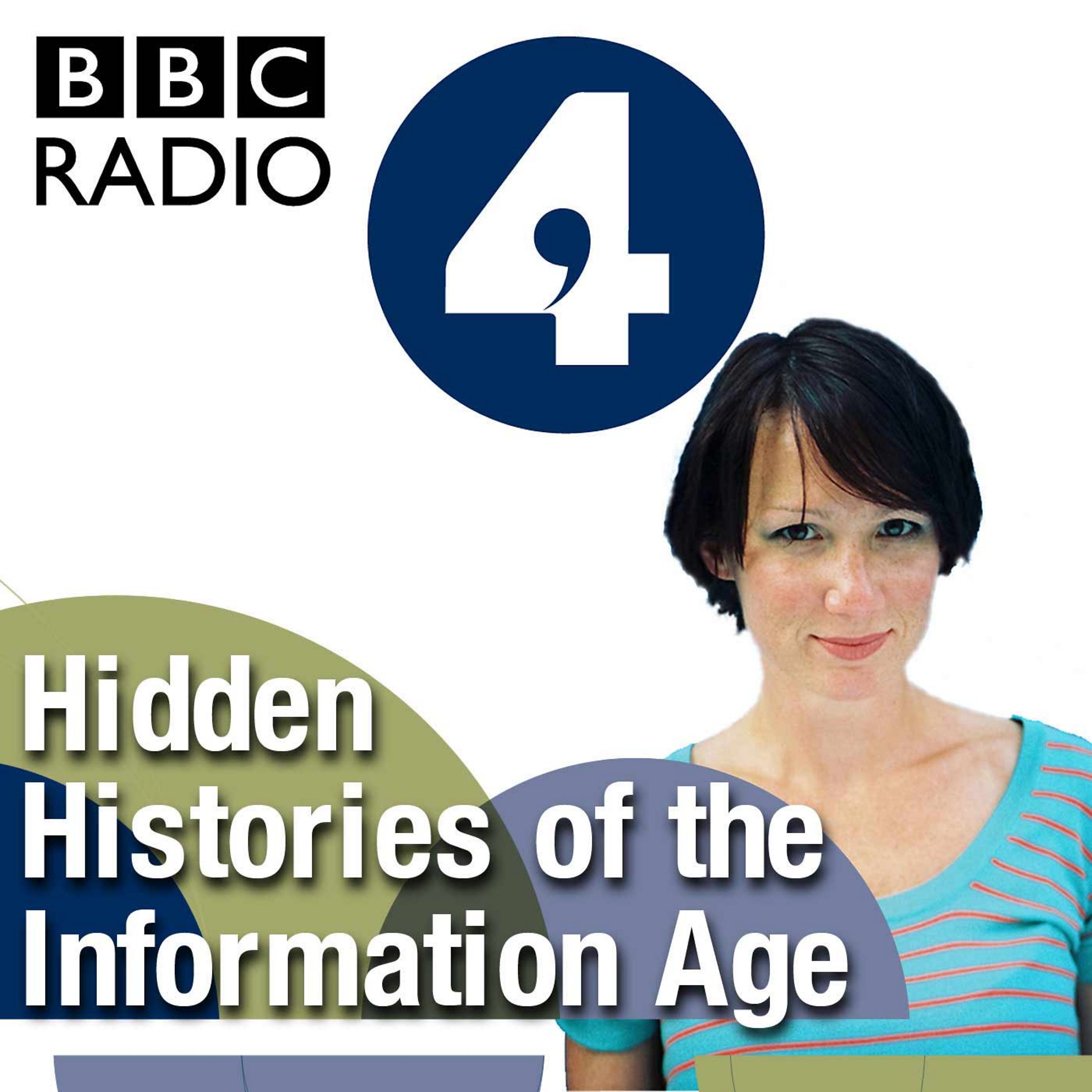Episodes
Published 10/24/14
Soldiers traditionally learned to find their way around with a compass and a map. Aleks Krotoski explores how GPS transformed navigation during the first Gulf War in 1991.
An early brick sized GPS device is on display in the 'Information Age' gallery at the Science Museum in London. This gallery tells the story of the evolution in how we communicate with with each other. The objects in the exhibition represent cultural moments from the last 200 years - not just technological...
Published 10/24/14
The company that brought computers into business was Lyons, known for its cakes and teashops. Aleks Krotoski tells the story of how this technology transformed office work.
One element of the first Lyons Electronic Office, or LEO, computer is on display in the 'Information Age' gallery at the Science Museum in London. This new gallery tells the story of the evolution in how we communicate with with each other. The objects in the exhibition represent cultural moments from the last 200 years...
Published 10/23/14
On June 25th 1967, 400 million people across the globe watched a ground-breaking TV show. It was called, in English, OUR WORLD and it was a feat beyond technological imagination: it was the first programme that linked up countries live by satellite. So everyone was watching what was happening on the other side of the world - or possibly next door - at the exact moment in time when it was actually happening.
In our modern, 24-hour news world, it's hard to understand just how monumental this...
Published 10/23/14
In 1957 the singer, actor and civil rights activist Paul Robeson in 1957 performed a concert to an audience sitting in St Pancras Town Hall in London. Astonishingly, Paul Robeson was in New York at the time, and he was performing live over a transatlantic phone line.
Robeson was an outspoken critic of lynching laws and anti-fascism. Because of his support of these causes, he was a victim of early attempts by the US FBI to quash civil rights activism, and was blacklisted by the State...
Published 10/21/14
"Hello Girls"
In 1960 the women telephonists of the Enfield exchange said goodbye to the last manual telephone exchange in Greater London. For decades they had put through calls using this plugboard machine, providing a polite and friendly voice to any caller. With the expertise of the Science Museum's Keeper of Technology, Dr Tilly Blyth, and Curator of Communication, John Liffen, Aleks Krotoski uncovers the hidden histories of the life of the exchange and how it provided a new kind of...
Published 10/20/14


